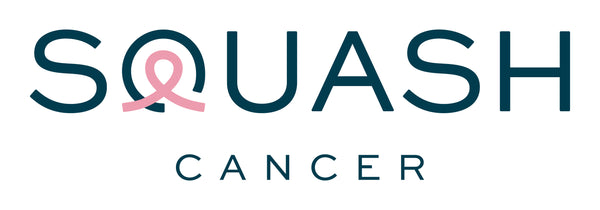Effective communication with healthcare providers is essential for ensuring the best possible outcomes for patients. Whether you're seeking treatment for a specific health issue or advocating for a loved one, clear and open communication can make a significant difference in the quality of care received. In this comprehensive guide, we'll explore practical tips and strategies to help patients and caregivers communicate effectively with healthcare providers. From preparing for appointments to asking questions and expressing concerns, let's empower you to become an active participant in your healthcare journey.
Effective communication is the cornerstone of a strong patient-provider relationship. It allows patients to express their needs, preferences, and concerns while enabling healthcare providers to deliver personalized care tailored to individual circumstances. When communication breaks down, misunderstandings can occur, leading to suboptimal care and potentially compromising patient outcomes. By fostering open and transparent communication, patients and caregivers can become partners in their healthcare journey, working collaboratively with providers to achieve the best possible outcomes.
Preparation is key to effective communication during healthcare appointments. Before your appointment, take some time to gather relevant information, including your medical history, current medications, and any symptoms or concerns you wish to discuss. Write down a list of questions or topics you want to cover during the appointment to ensure that nothing is overlooked. Bringing a trusted friend or family member to the appointment can also provide additional support and help you remember important details discussed during the visit.
Active listening is a fundamental aspect of effective communication. During appointments, give your full attention to your healthcare provider, and listen attentively to what they have to say. Take notes if necessary to help you remember important information or instructions. If something is unclear or confusing, don't hesitate to ask for clarification. By actively engaging in the conversation, you demonstrate your commitment to your healthcare and facilitate a more productive exchange of information.
Don't be afraid to ask questions during your healthcare appointments. Asking questions is a critical component of effective communication and empowers you to make informed decisions about your care. If you're unsure about a diagnosis, treatment options, or potential side effects, speak up and ask for more information. Your healthcare provider is there to help you understand your health condition and treatment plan, so don't hesitate to seek clarification or additional guidance as needed.
If you have concerns or reservations about your treatment plan or healthcare experience, it's essential to express them openly and honestly to your healthcare provider. Whether you're experiencing side effects from medication, feeling anxious about a procedure, or dissatisfied with the level of care you've received, sharing your concerns allows your provider to address them promptly and effectively. Remember that your voice matters, and advocating for your needs is an essential aspect of being an active participant in your healthcare.
Building a trusting relationship with your healthcare provider is essential for effective communication. Trust forms the foundation of a strong patient-provider relationship and fosters open and honest dialogue. Be open to sharing relevant information about your health history, lifestyle habits, and personal preferences with your provider. Likewise, trust that your provider has your best interests at heart and is committed to providing you with the highest quality care possible.
In today's digital age, technology offers numerous tools and resources to facilitate communication between patients and healthcare providers. Take advantage of patient portals, secure messaging systems, and telehealth platforms to communicate with your provider outside of traditional office visits. These technologies can streamline communication, enhance convenience, and improve access to care, particularly for patients with busy schedules or mobility limitations.
If you have concerns about your diagnosis or treatment plan, don't hesitate to seek a second opinion from another healthcare provider. Seeking a second opinion is not a sign of distrust but rather a proactive step to ensure that you're making informed decisions about your care. A second opinion can provide valuable insights, alternative treatment options, and peace of mind, empowering you to take control of your healthcare journey.
Cultural sensitivity and diversity are important considerations in effective communication with healthcare providers. Recognize that patients come from diverse backgrounds and may have unique cultural beliefs, values, and preferences regarding healthcare. Respect cultural differences and be mindful of the language and communication styles used during interactions with patients from different cultural backgrounds. By embracing cultural diversity and sensitivity, healthcare providers can foster trust, mutual respect, and effective communication with all patients.
Effective communication with healthcare providers is essential for ensuring high-quality care and positive patient outcomes. By preparing for appointments, actively listening, asking questions, expressing concerns, building trust, utilizing technology, seeking second opinions, and embracing cultural sensitivity, patients and caregivers can become empowered advocates for their health. Remember that effective communication is a collaborative effort that requires active participation from both patients and healthcare providers. By working together as partners in care, we can create a healthcare system that prioritizes patient-centered communication and fosters better health outcomes for all.









